Among the major challenges posed by the advent of Artificial Intelligence, the question of increasing employee skills remains little addressed, even though it is fundamental. While the use of AI may initially enable productivity gains on so-called "menial" tasks, in the long term, paradoxically paradoxically the creation of added value.
In France, 41% of employees are concerned about the impact that artificial intelligence could have on their jobs, and 36% fear that their jobs could disappear with the introduction of this technology. This is the conclusion of a BCG survey of 13,000 people in 18 countries. Are they right to be afraid? Historically, macro projections of job losses linked to technological innovation have often proved wrong. Whatever the technophile fantasies of some and the conservative reflexes of others, the uncertainties surrounding the evolution of market structure and technology make forecasts highly unpredictable.
In its old form, that of the replacement of Man by machine or robots, this debate is eternal. In a study published in April 2022 by the journal Science Robotics, researchers from the Ecole Polytechnique Fédérale de Lausanne and the University of Lausanne have developed a calculation method to predict precisely which jobs are most likely to be taken over by machines in the near future. Unsurprisingly, while lawyers were among the professions with the lowest "replacement index", restaurant dishwashers seemed far more at risk. And, of course, the study identified training as the best protection: if a job is "substitutable", its occupant needs to be equipped to take on a new job.
But the advent of mass-market Artificial Intelligence has changed the rules of the game: white-collar, highly-trained employees are now also at risk of being replaced. Anyone who has already tested ChatGPT seriously knows that it would be naive to think that the "superiority" of humans will long resist a technology whose real-time evolution is nothing short of spectacular. The tool developed by OpenAI is already capable of achieving outstanding results on tasks considered "menial" (letter writing, data processing, documentary research). And the temptation of productivity gains will be irresistible for employers. There is, however, the more profound question of skills upgrading, which is central to many professions involved in intellectual production in the broadest sense.
In fact, whereas the production of a good X is schematically the result of a production chain, some elements of which can eventually be replaced, intellectual production, in the consulting profession for example, is different in that its quality comes, theoretically at least, from experience. Knowledge of tacit rules and ecosystems, attention to context, research relevance and network building are acquired over time, often starting with execution tasks.
As Gilles Babinet, co-chairman of the Conseil National du Numérique, reminded us during a hearing before the French Senate's Forward Planning Delegation in December 2023, we are gradually emerging from the industrial era, which was largely inspired by a post-Napoleonic organization of work. The demobilized British army officers based their production system on two pillars: the scientific division of labor and the " command & control " system. The result is a Western production system that is still very vertical today, based on a form of cursus honorum. Among lawyers and consultants, this is usually characterized by a gradation from trainee to partner, via strata such as junior or senior.
Over the course of his or her career, an employee will progress from one level to the next, gradually abandoning the most thankless tasks in favor of higher value-added missions. But it is precisely the performance of low value-added tasks at the start of a career that will eventually lead to the development of more experienced employees. To take the trivial example mentioned in the title of this text, in France it is considered improper to begin a letter with "je". Aside from the fact that this is a matter of etiquette, which one could argue will no longer be the case when all letters are written by a ChatGPTignor of this rule, the latter pursues a training objective (capturing the reader's attention, structuring one's thoughts, etc.). We could also take the example of documentary research in law firms, or the customer press review in a communications agency, which is structuring and which every associate has experienced at the start of his or her career.
So, reorienting low value-added professions is one thing, but where will tomorrow's high value-added population come from within these professions? It is in this paradigm shift that one of the main challenges of adapting our organizations to artificial intelligence lies. Ultimately, it will be the care and balance brought to the complementarity between employees and AI that will constitute a strategic investment. We'll need to know how to be prompt, yes, but also how to "over-process", i.e. to go further than the machine produces, even though, paradoxically, we'll be less... trained than the machine, due to the disappearance of execution tasks at the start of our careers.
To stay with the acronyms, AI is plunging HR into dizzying uncertainty.
Arthur Arlaud
